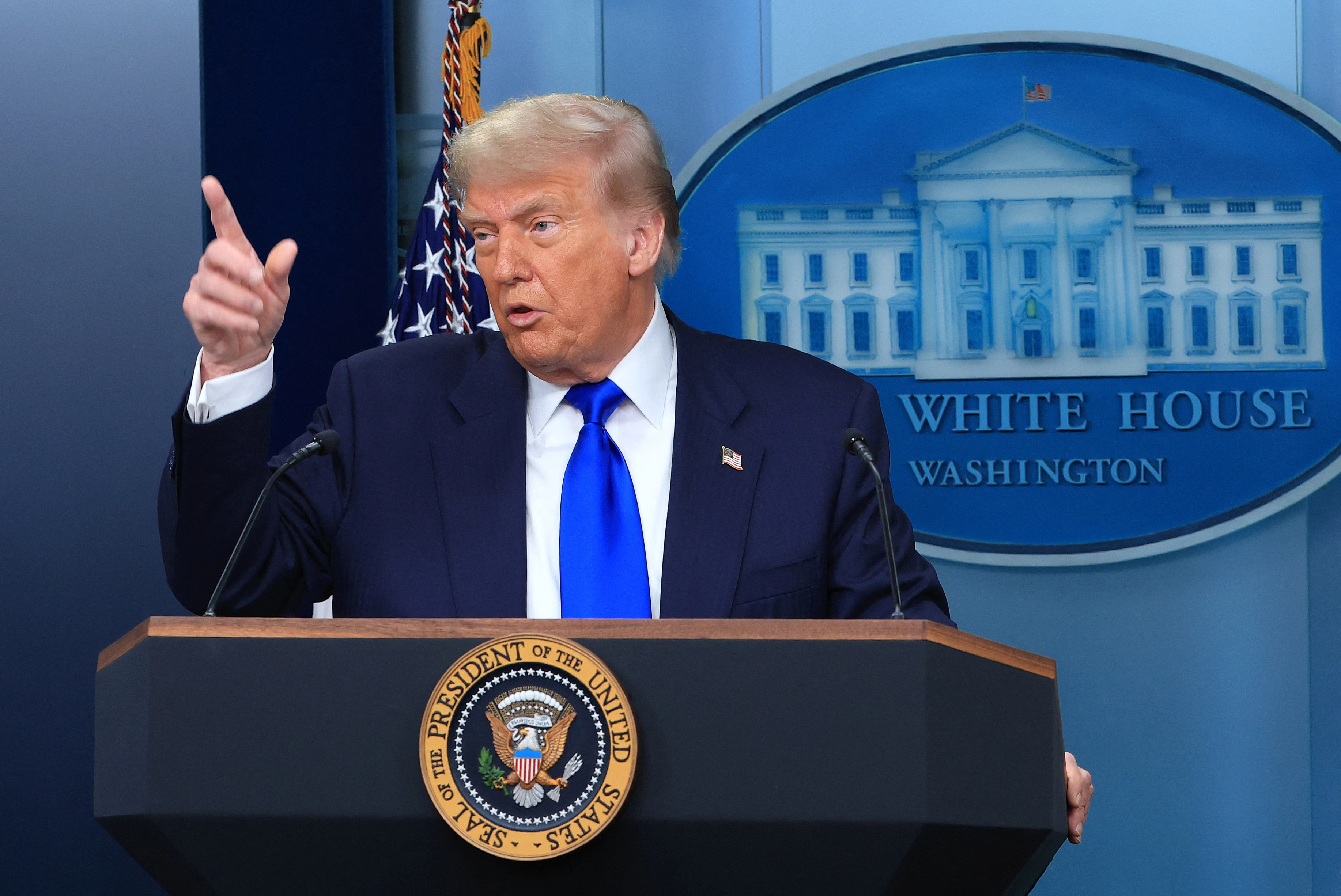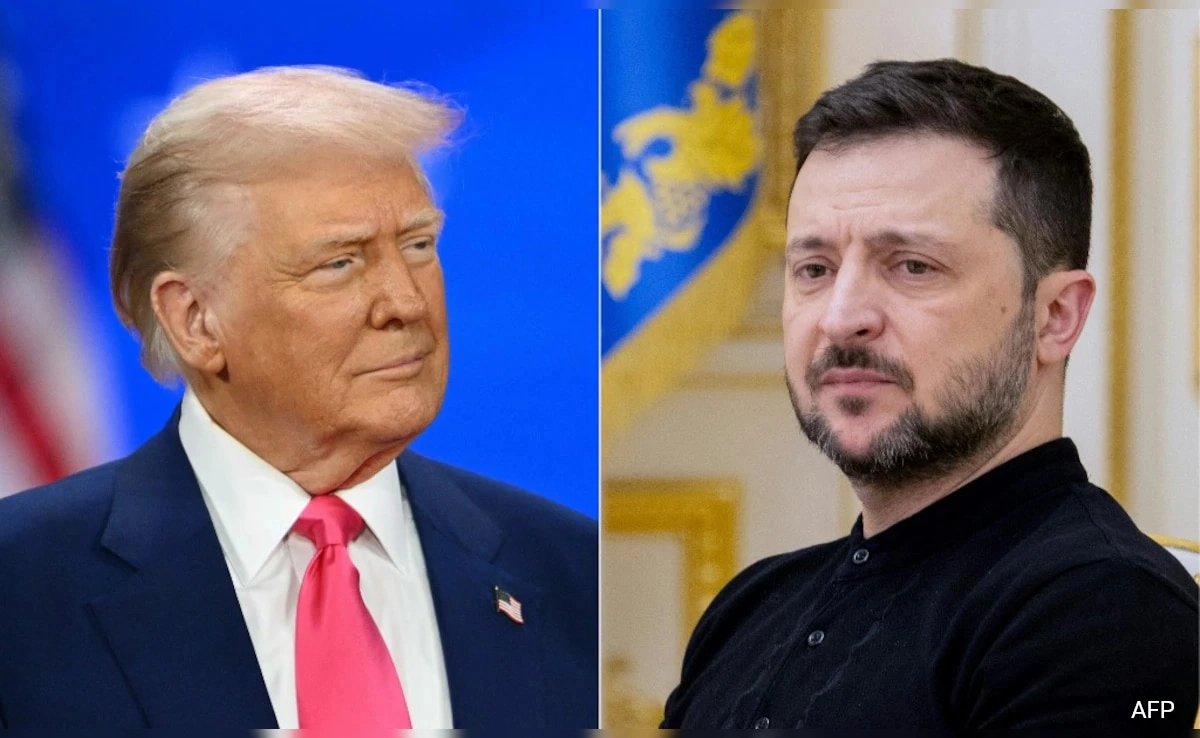In the midst of the ongoing feud between former President Donald Trump and tech mogul Elon Musk, social media influencer Ashley St. Clair has stepped in with her own brand of commentary, offering what she describes as “breakup advice” to Trump. This unexpected intervention comes as tensions rise between two of the most influential figures in contemporary American culture and politics. Their rivalry has garnered significant attention, prompting discussions about loyalty, betrayal, and the complex dynamics that often play out in the public eye. St. Clair, known for her outspoken views and bold social media presence, has positioned herself as a voice of reason—or perhaps a provocateur—by suggesting that Trump navigate this tumultuous relationship with the same care one might apply to personal romantic entanglements.
St. Clair’s advice, shared through various platforms, taps into a vein of cultural commentary that resonates with many of Trump’s supporters, who are keenly aware of the impact of Musk’s recent decisions on the political landscape. Her suggestions range from maintaining dignity in the face of public disputes to strategically choosing battles that align with one’s values and goals. In a world where alliances can shift rapidly, particularly in the realms of politics and business, her guidance emphasizes the importance of self-respect and clarity of purpose. This perspective offers a fresh take on how public figures can manage their relationships, asserting that even in the heat of conflict, there is a way to uphold one’s principles while also navigating the complexities of partnership and rivalry.
The backdrop of this feud highlights the broader implications of celebrity influence in politics, where personal relationships often intertwine with public perception. As Trump and Musk continue to trade barbs, St. Clair’s insights serve as a reminder of the human emotions at play behind the headlines. Her commentary not only engages a specific audience but also prompts a wider conversation about the nature of loyalty in today’s polarized environment. The intertwining of personal and political narratives is a theme that resonates deeply, particularly as both figures command significant followings that hang on their every word and action. The dynamics at play are not merely about individual grievances; they reflect a larger cultural conversation about trust, betrayal, and the complexities of modern leadership.
Ultimately, while St. Clair’s “breakup advice” might be tongue-in-cheek, it underscores the seriousness of the stakes involved. The fallout from the Trump-Musk feud could have repercussions that extend beyond their immediate interactions, influencing public discourse and shaping the political landscape. As both figures continue to assert their influence, the question remains: how will their relationship evolve, and what lessons can be drawn from their ongoing saga? St. Clair’s engagement in this dialogue exemplifies how public figures can play a role in shaping narratives, offering both entertainment and insight into the intricacies of personal and political alliances in an era defined by rapid change and unpredictable outcomes.




